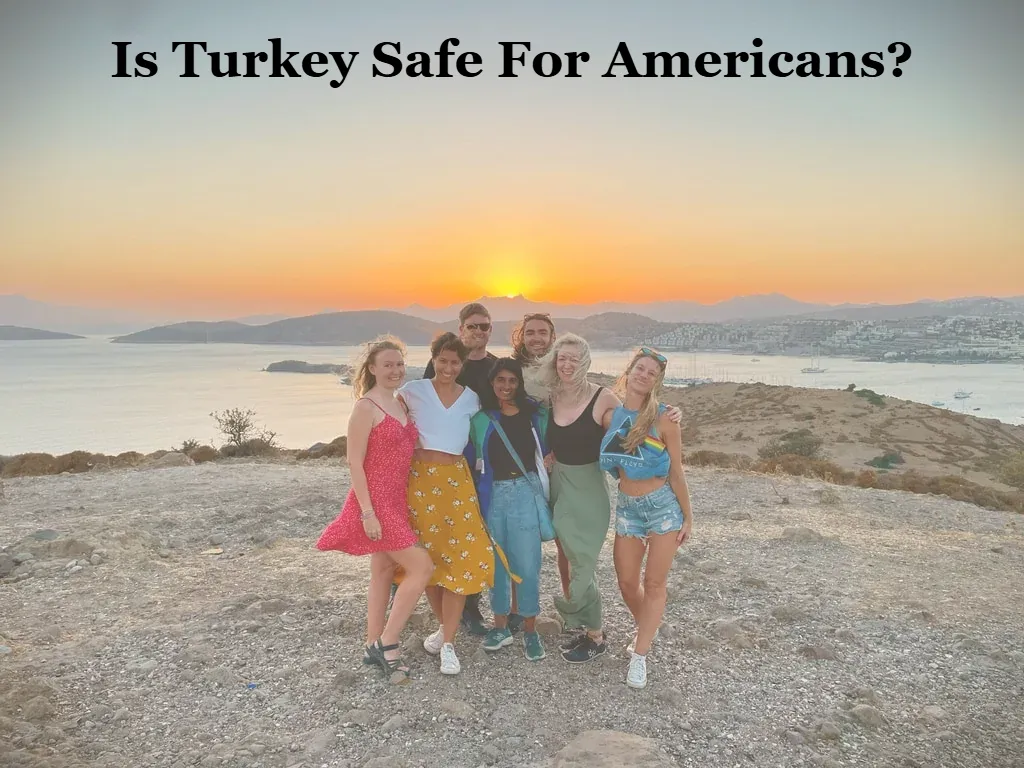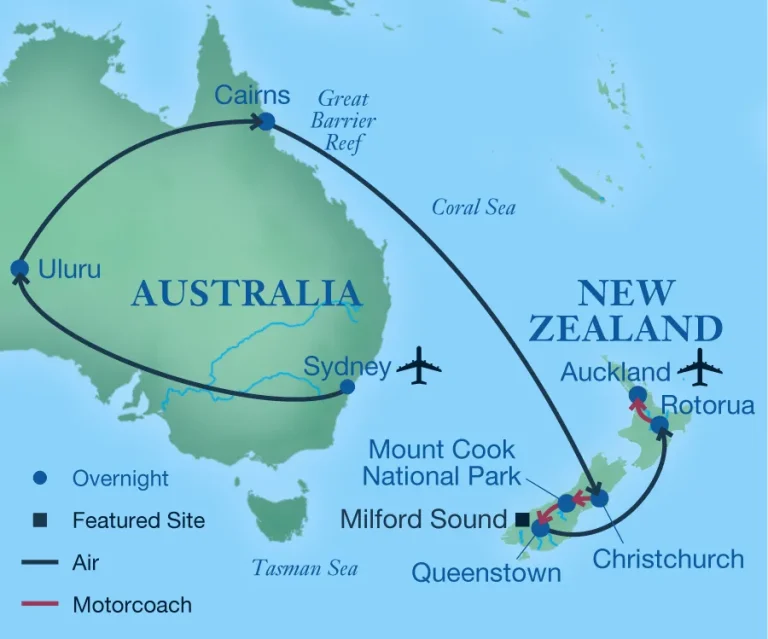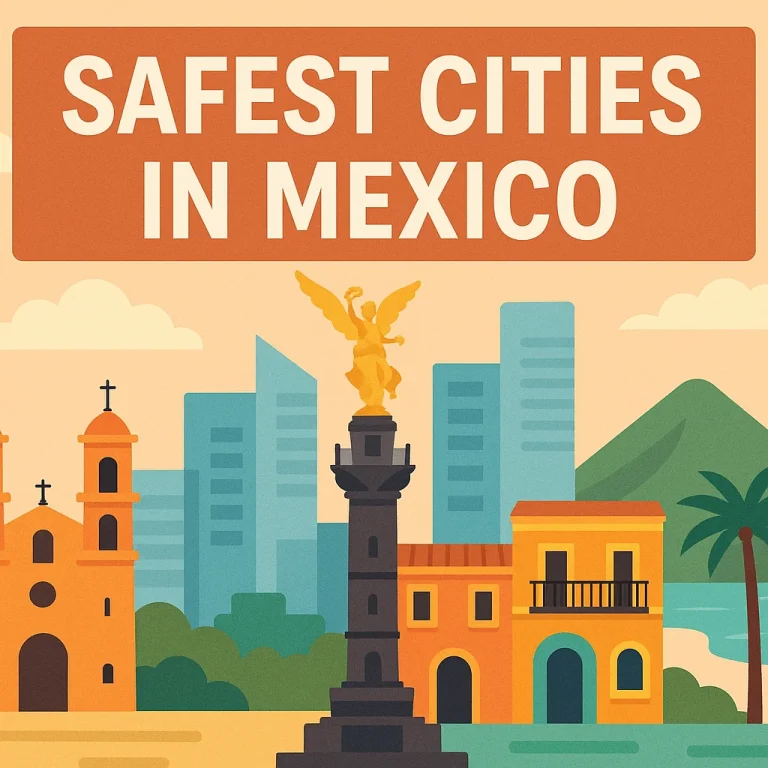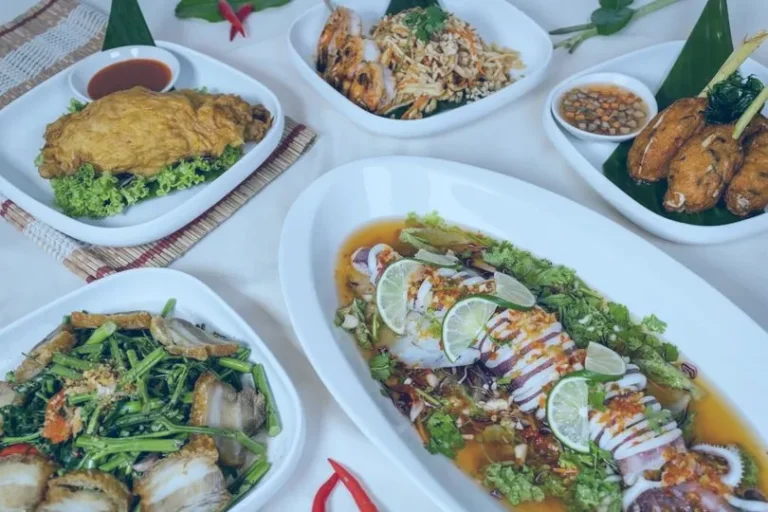Is Turkey Safe For Americans?
Mostly visitors especially from Americans thinks that Is Turkey Safe For Americans. Terrorism is a significant risk for visitors to Turkey. You should be aware of the risks and monitor govt advice for updates.
Crime against tourists is relatively low, but petty crimes like pickpocketing and bag snatching are common in crowded places. You should also avoid posting anything critical of the government on social media, and heed local laws around military sites.

Crime Rate
Although many long-term foreign residents and newly returned travelers report feeling safe throughout Turkey, crime rates remain a concern. Petty street robbery, pickpocketing, and car theft are common in Istanbul and around tourist areas. Carry essentials only and keep valuables close to you. Avoid demonstrations related to the conflict with Israel and other local issues, especially near diplomatic missions in Istanbul and Ankara.
Human trafficking for sexual exploitation and forced labour is also an issue as Turkey hosts a large number of refugees. Find more information in the UK’s travel advice on Turkey. But again think Is Turkey Safe For Americans. Yes there are alot of best thing in turkey for visitors.
In addition, natural hazards such as severe storms and landslides are common in many parts of the country. Stay up to date with local news and follow weather forecasts, and be prepared for sudden changes in conditions. You can check local government websites for updates and follow the Facebook page of the British Embassy in Ankara. You should also check the US State Department’s travel forum for Turkey. If you again think Is Turkey Safe For Americans so its is not safe to travel to this country during an active terrorist threat.
Terrorism
In the wake of the 2016 coup attempt, Turkey designated the movement of self-exiled cleric and political figure Fethullah Gulen a terrorist organization (FETO). Turkish authorities arrest foreign citizens with alleged ties to FETO or terrorism on the basis of scant evidence and minimal due process.
In an effort to counter violent extremism, the Turkish National Police carries out social projects and conducts training for teachers, medical personnel, parents, and other community members. The Ministry of Justice implements rehabilitation and reintegration programs for prisoners and former criminals. In addition, the Religious Affairs Presidency, tied to the Prime Ministry, works to undermine terrorist messaging by promoting a moderate and inclusive version of Islam. The Presidency recently co-hosted a Strong Cities Network global summit on preventing violent extremism in Antalya.
Turkey is a source and transit country for foreign terrorist fighters (FTFs) attempting to depart Iraq and Syria. The government has developed law enforcement capacity to interdict FTF travel by expanding its list of banned entry and deploying Ministry of Interior risk analysis units at airports, seaports, bus terminals, and border crossings.
Security
Turkey’s unique blend of modern city life and ancient traditions provides visitors with a rich cultural experience. While unforeseen security situations may arise, the nation prioritizes the safety of its visitors and has reinforced safety measures to mitigate risks. Travelers should be aware of their surroundings and take basic security precautions to prevent petty crimes like pickpocketing and bag snatching, especially in crowded areas. They should also use reputable transportation service providers and refrain from displaying valuables in public.
Travelers should be alert and follow local media for updates on heightened security concerns. They should also avoid tourist locations that have recently witnessed terrorist activity and adhere to all security instructions or advice from local authorities. They should also register their trip with the US Embassy or consulate and sign up for the SMART Traveler Enrollment Program to receive critical alerts in case of an emergency. Additionally, they should ensure that their travel insurance policy includes terrorism coverage. This helps to minimize any financial burden if their trip is interrupted by unforeseen events.
Weather
Is Turkey Safe For Americans for most travelers, but the risk of terrorist attacks remains high in certain areas. Travelers should stay informed and follow government advisories to avoid dangerous regions. Additionally, it’s important to have a reliable travel insurance policy in case of any unforeseen incidents.
Turkey’s diverse geography creates many different weather conditions. Summer can be hot and dry, while spring and fall are milder. However, a sudden rainstorm can cause flooding or mudslides, which may disrupt transportation and reduce accessibility.
Poultry CAFOs are huge water consumers, contributing to pollution, toxic algae blooms, and ammonia fumes that affect human health. They also require large amounts of land and resources to feed, house, and transport animals. The environmental impact of turkeys is considerable, but reducing consumption can help the environment and human health.
The best time to visit Turkey is in spring and early fall, when temperatures are warm but not oppressive. This season sees fewer crowds and is also when the autumn foliage is at its peak. The cooler winter months provide a great opportunity for skiing and other cold-weather sports.
Health
Turkey’s low fat and high protein content contributes to healthy cholesterol levels, while a variety of nutrients like selenium, zinc, phosphorus and iron support thyroid function, immune system health and bone strength. Turkey is also a good source of vitamin B3, B6 and B12.
Commercial turkeys are typically raised for their large breasts and abundant white meat, which is often used in place of more fattier proteins in hamburgers and sausages or sliced on sandwiches. However, turkey’s leanness makes it prone to dryness and many commercially raised birds are treated with extra preservatives to maintain moisture during transportation and storage.
In addition, because turkeys are typically raised in indoor concentrated animal feeding operations (CAFOs), they can contribute to antibiotic-resistant bacteria that hurt both people and animals. Thankfully, heritage breeds of turkey have more dark, succulent meat and are naturally tastier than their CAFO counterparts.


